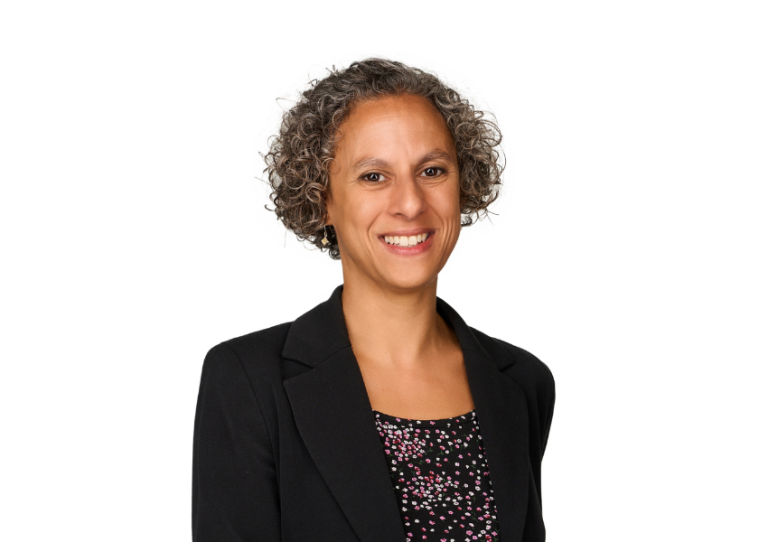Contact our Probate and Estate Administration Team on 01225 755656 or complete the Contact Form below.See also Lifetime Planning and Wills. |
What is a Deed of Variation?
While it may sound like shenanigans, it is perfectly legitimate to change a person’s Will after they have died. The only proviso is that any beneficiaries left worse off by the changes must agree.
When can it be useful to change a Will?
There are any number of reasons why beneficiaries decide to change a Will, including:
- The drafting was not in the most tax-efficient manner. In most cases, the deceased did not take advantage of available tax reliefs. So, changing the Will can reduce the amount of Inheritance Tax payable by their estate.
- Sometimes an inheritance is not wanted or needed. For example, you may decide that a parent’s legacy should pass to your children instead. Also, this can be a great way of reducing your own exposure to Inheritance Tax.
- On occasions, beneficiaries agree to change a Will to clear up any uncertainty or provide for somebody they believe the testator has unfairly or erroneously omitted from the Will.
- Beneficiaries may agree that there is an advantage to moving the testator’s assets into a trust.
How do you change a Will after death?
Although a formal document is not essential, in most cases, a Deed of Variation helps provide clarity. Of course, that is particularly important in ensuring the variation meets the requirements of the:
- Inheritance Tax Act 1984 (for Inheritance Tax); and
- Taxation of Chargeable Gains Act 1992 (for Capital Gains Tax).
However, if the variation is to take advantage of available tax benefits, it must be finalised within two years of the date of death, so time is of the essence.
It’s also important to remember that a gift made by Deed of Variation may is liable to be set aside if made with the intention of putting the gifted assets beyond the reach of creditors.
What about where there is no Will?
If the deceased died without making a Will, they have died ‘intestate’. In these circumstances, the law decides who inherits. However, beneficiaries under an intestacy can still agree to make changes in the same way as if there was a Will.






